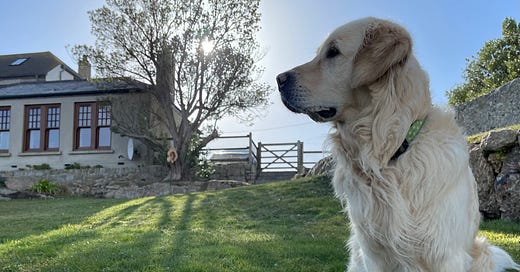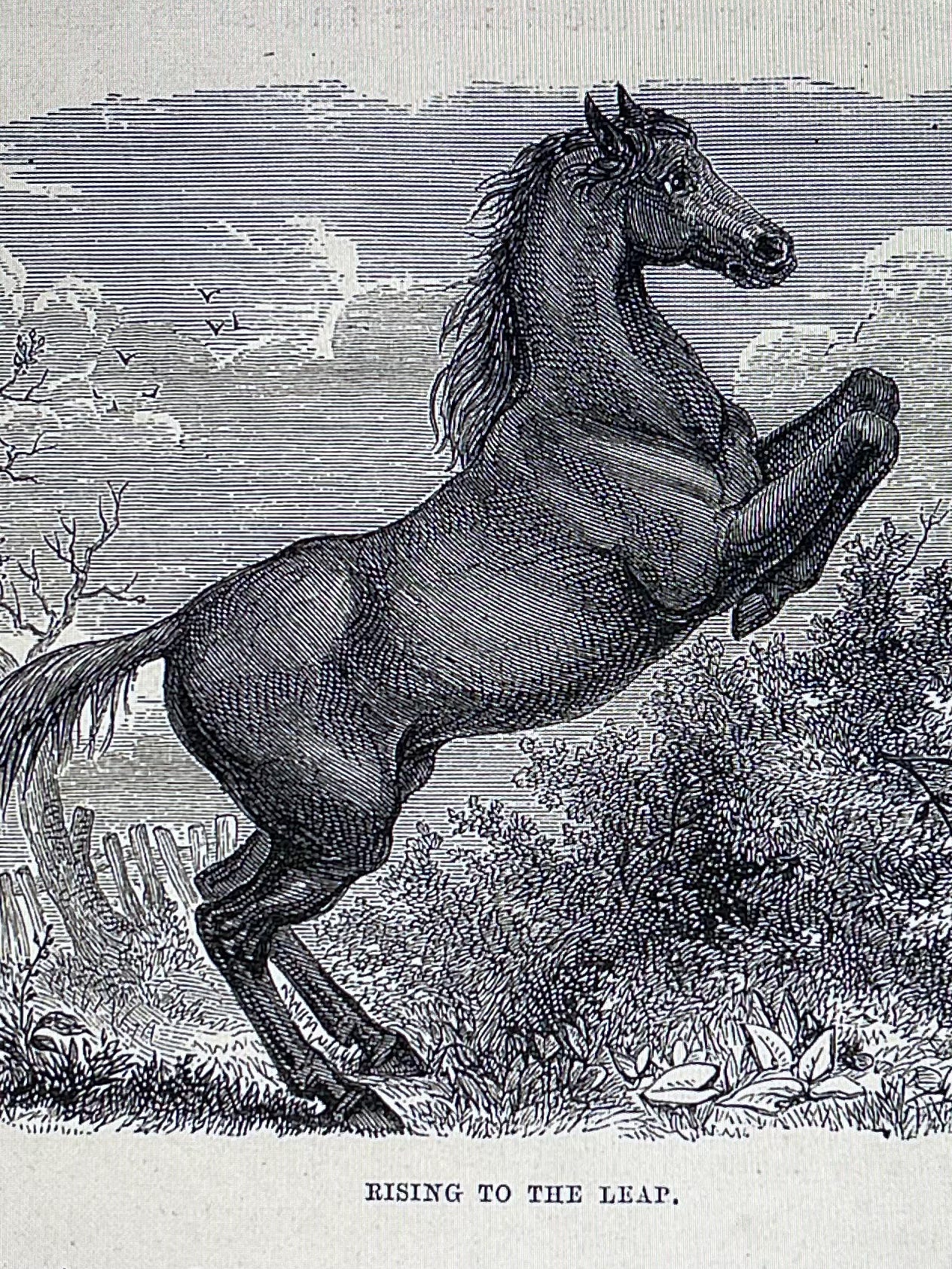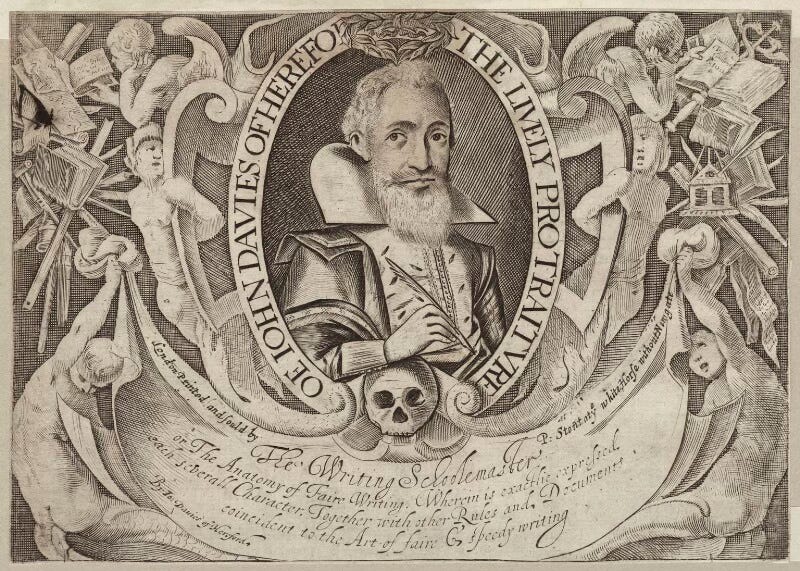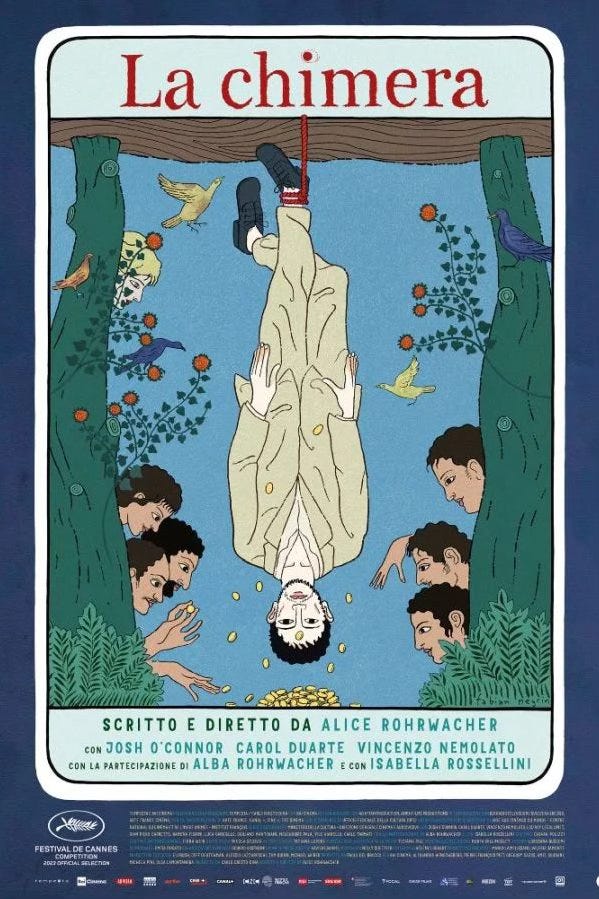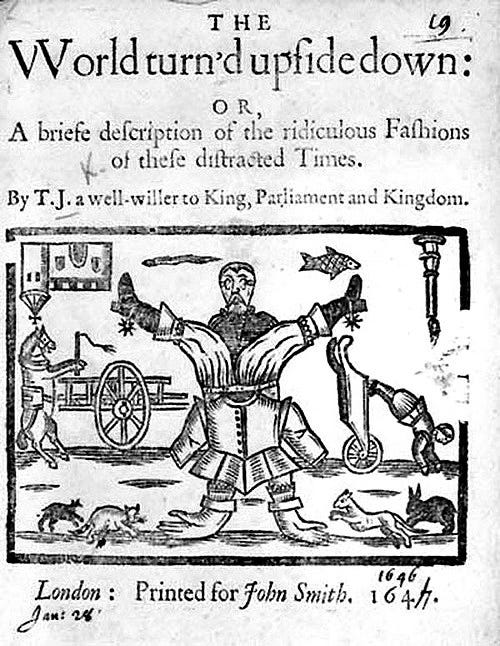I should add a further coincidence from the last patch of sky. The last book by Ruth Manning-Sanders that Robin Jacques illustrated was A Book of Magic Horses (1984).
And a quote from Margaret Atwood (provenance anyone?) to set alongside her Canadian compatriot's Both Sides Now: 'The desire to be loved is the last illusion. Give it up and you will be free.'
Two for one
This patch is a double issue, as it will be the last Patch of Sky for a month or so. Rosy and I will be away of a road trip to Italy, bookended by visits to old friends in Germany and France. The next patch will be overhead around July 14th, just after we've been to Stevie Nick's concert in Hyde Park.
Today I’m going to take some words for a ramble, a bit of a country walk with a dog.
Here’s the dog, pictured here on the cliff garden at North Minack where Rowena Cade used to live. His name is Wilson and he’s six years old. He’s a very good companion, even if he is prone to capering away ahead of us when we’re walking. Which is what may happen with this patch of sky! I hope you won’t think me ‘caper-witted’, but follow me into the blue. And there’s the first word I notice, flying through the trees towards me.
Caper.
It immediately makes me think of the Keystone cops who were forever capering after someone.
Caper is 'any activity or pursuit, spec. a fashionable occupation. Also, a ‘game’, dodge, racket. (There are many shades of meaning in U.S., New Zealand, and elsewhere.) 1867 ‘He'll get five years penal for this little caper,’ said the policeman. London Herald.'1 This meaning possibly stems from the Dutch word kaper meaning privateer or corsair, from the East Frisian kapen to take away, steal, rob, plunder.
But the meaning referring to various actions is taken from dance and equitation. It connects with both capriole and cabriole.
A leap or caper, as in dancing.
1596 With loftie turnes and capriols in the ayre. Sir John Davies, Orchestra lxviii. sig. B6 (Note the name!)
In horse riding – I knew there would be a horse here somewhere – it's an advanced movement in classical dressage in which the horse leaps from the ground and kicks out with its hind legs.
Not to forget the prickly bramble-like shrub (capparis spinosa) from which we get the small capers which are actually the pickled buds of the flower and the larger caper berries.
A capriole or cabriole is also a capricious act or trick. That'll be creative non-fiction, then!
Chasing clouds
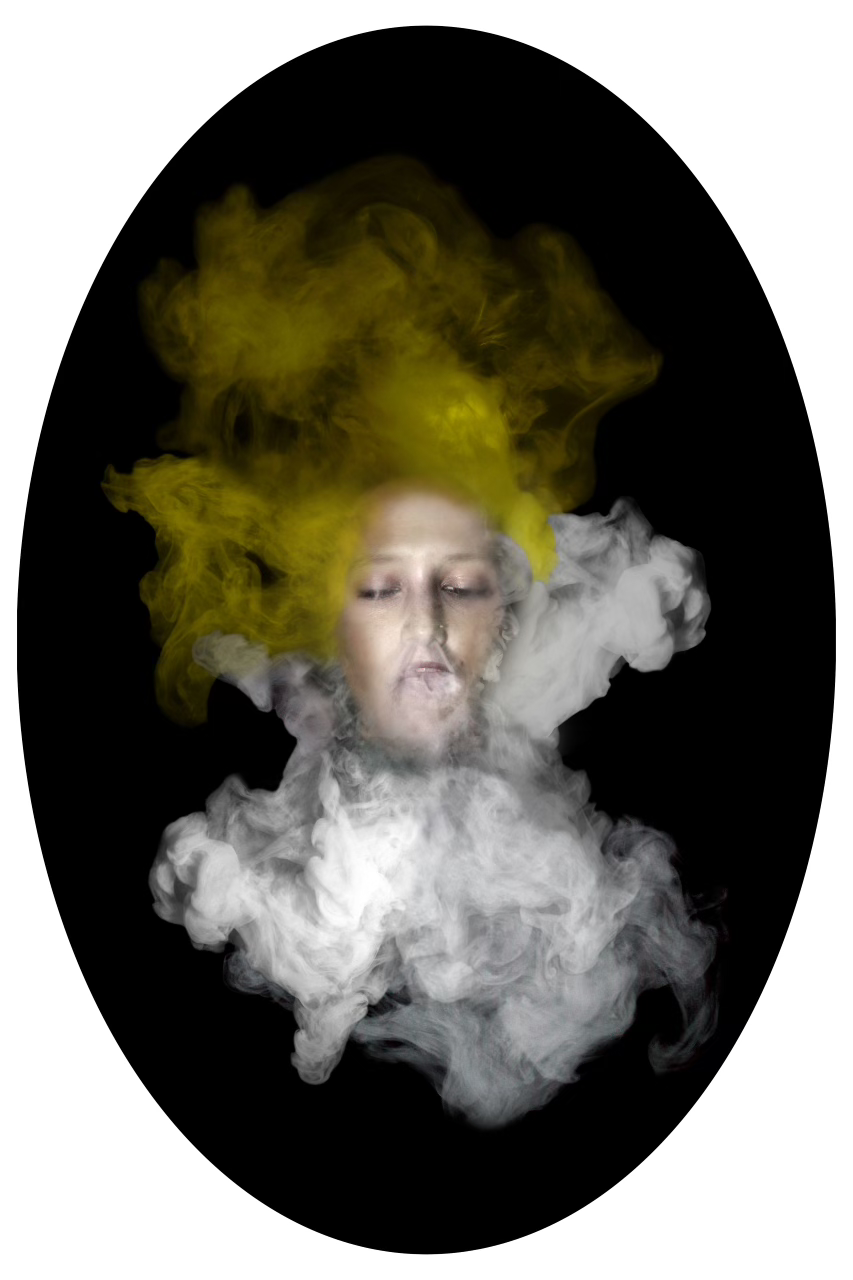
So here we go on a caper after my aforementioned namesake, poet Sir John Davies (1569-1626), courtesy of Brighton based writer, poet and academic Ros Barber.2
Sir John Davies
‘Richard Martin, whom Davies counted his “dearest friend”,’ had been voted Prince d’Amour, the Lord of Misrule in the Middle Temple’s Candlemas revels of 1597/8. ‘Presumably under his instruction, the festivities culminated in a cruel lampoon of Davies, aimed at both his poetry and his social origins. To the tune of The Tanner and the King, Davies - the son of a tanner - was presented with a shield depicting a sphinx and the motto “Davus sum, non Oedipus”, whose meaning, according to J.R.Brink, was “ignorance of self”, a jibe aimed at Davies’s poem Nosce Teipsum (Know Thyself). To this tune, and with this shield, Davies was then “saluted by the name of Stradilax”.
‘The name Stradilax was derived, apparently, from Davies’s habit of “wadling with his arse out behind”. The account of eye-witness Benjamin Rudyerd (like Davies, also later knighted) refers to Davies as Stradilax throughout. There is no question, with its implication of “straddle” and “laxity”, that “Stradilax” is “a bawd’s name”. There is also no question that John Davies refused it.
‘The incident so incensed Davies that ‘one week later, he entered the Middle Temple dining room and assaulted his former friend, Richard Martin, with a bastinado. The incident lead to Davies' expulsion and disgrace.’
You can find the full article here.
Thanks to Ros Barber for her research. She has her own substack here.
Sentire il vuoto
The whole idea of a caper came up with the film La Chimera, described as a caper by both Wendy Ide (‘Alice Rohrwacher’s dazzling caper’), and Xan Brooks (‘looks like a crime caper’) in The Guardian.
The film is about a young Englishman, Arthur and a group of of tomb raiders (tomberoli) in 1980’s Italy. Arthur (played with affecting distraction by Josh O’Connor) has the uncanny ability to douse for long-buried Etruscan grave goods using a diving rod, a process that leads him to faint from the exertion, like Eleven in Strangers Things. And that's not the only connection between the two. Rohrwacher occasionally loops and inverts the camera to see the subject upside down. Where in Stranger Things the Upside Down is a hostile alternate dimension, in La Chimera, it’s the very present and hostile dimension of the ordinary human that threatens the hidden sacred spaces and objects of another civilisation that, as Arthur reiterates, ‘were never meant to be seen by human eyes’.3
Michael Woods notes in his review in LRB, ‘The film’s Italian phrase' for Arthur's talent is ‘feeling the void’ (‘sentire il vuoto’), which sounds quite a bit more metaphysical than commercial.’ And here I am back in abime territory, mise en abime and pretty much perdu there too, sentire il vuoto myself. I can end up feeling like something of a tomb raider when writing, digging, prizing open, fingering in words with the imagination stuff of this minute or from years ago, hauling it up, regenerating it like dried truffle or bacalhau. It's what writers do: resurrection. But not as we know it.
Spoiler alert! There’s definitely a braid of Orpheus and Eurydice running through the story. There's a line of red thread that Arthur must follow (and break?) if he is to find his lost love Beniamina. But are the roles reversed? Is it Arthur who is doomed to remain in the upside down?
‘The story is a sinuous, slippery thing,’ says Wendy Ide in her review.
The second part of this Patch of Sky double issue will be passing by soon… Watch out for it!
Al definitions from the Oxford English Dictionary, s.v. “caper (n.2),” July 2023, https://doi.org/10.1093/OED/6685790445
Notes and Queries (2015) 62 (4):553-554. 10.1093/notesj/gjv187
First published online: December 10, 2015
The world turned upside down is the title of an English ballad from the 1640s:
The world turned upside down strange motions will abound. Yet let's be content, and the times lament, you see the world turn'd upside down,
In turn, it became the title for Christopher Hill's book about the period of the English Civil War The World Turned Upside Down: Radical Ideas During the English Revolution. It's also the title of Mark Wallinger's inverted globe on the campus of the London School of Economics.


